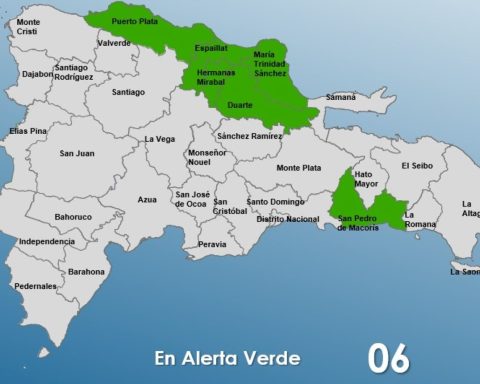The Constitutional Court considered in a ruling that Operations for aesthetic purposes on animals are abuse and therefore should be punished according to the animal protection law..
He High Court This was imposed by declaring unenforceable, and therefore eliminating, the word “aesthetics” from the animal protection law, contemplated in one of its articles, which prohibits the mutilation or alteration of an animal without a reason.technical, scientific, zooprophylactic or aesthetic“.
(You can read: They open an investigation into Petro in Congress for alleged illegal financing of his campaign).
Pets
The Court’s lawsuit stated that including mutilation for aesthetic reasons as an exception to the presumption of cruelty deprives animals of protection, since operations such as the modification of the ears or tail in domestic animals, the definitive removal of nails in felines and even the removal of vocal cords in dogs should also be considered animal abuse, according to the Law 84 of 1989 (animal protection).
(You may be interested in: National Government will ask to annul arbitration for US$380 million in favor of Telefónica).
“These acts (…) generate suffering in animals and can affect the socialization of individuals both with others of their species and with human beings.“, explained the Court in a statement this Wednesday.
For this reason, those modifications that only seek aesthetic purposes and cause pain and suffering in animals without any type of benefit, will be excluded from the exceptions to the presumption of cruelty.

Pets
(Besides: Chamber seeks to reactivate the process of legalization of transport platforms).
The Court stated that Operations that affect dead tissues, such as periodic trimming of nails (without removal) or hair in certain species, will not be affected by this decision and therefore will not be considered cruelty or animal abuse..
Last June, a bill presented by Congresswoman Alexandra Vásquez, from the Historical Pact party, proposed prohibiting surgeries or mutilations on pet animals for “aesthetic purposes”, something that, until now, was contemplated.
EFE


















